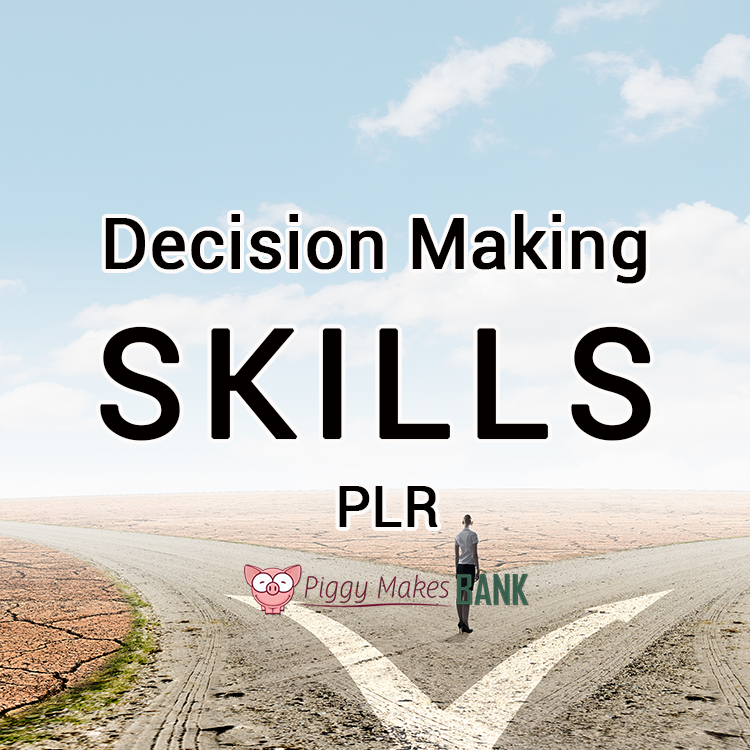Judgment Mastery: Strategies for Winning
In a universe that effectively bombards us with data and options, perfecting the art of intelligent decision-making has never been less essential. Regardless of whether in decision fatigue or work endeavors, the capacity to make informed and prompt decisions can significantly impact our achievement and well-being. Yet, https://abbott-holland-2.thoughtlanes.net/closing-the-gap-from-analysis-to-decision-making to transforming into a decisive individual is frequently laden with obstacles, including anxiety about failure, overthinking, and mental exhaustion from decisions. Grasping how to overcome these obstacles is essential for those looking to enhance their decision making skills.
This article examines the tactics and techniques that can change the way you deal with decisions. From understanding the mindset behind superior choices to discovering how to make better decisions under pressure, we will discuss practical advice and established frameworks that will lead you to make assured and impactful decisions. Whether you are aiming to sharpen your skills for job progression or individual growth, the knowledge presented here will arm you with the tools needed to thrive in a complicated and fast-paced environment. Come along as we reveal the keys to becoming a decision-making expert and pave the way for success in each area of life.
Tested Techniques for Smart Decision-Making
To enhance your decision-making skills, it's crucial to adopt proven techniques that encourage clarity and confidence. One effective approach is the implementation of decision-making frameworks that guide your thinking process. Frameworks such as SWOT analysis, which assesses strengths, weaknesses, opportunities, and threats, can provide a organized way to evaluate your options. This approach not only clarifies your thoughts but also emphasizes critical factors that might otherwise be overlooked.
Another key technique is to utilize the power of pause. In moments of confusion, taking a moment to decelerate can lead to more considered choices. This practice allows you to collect more data, consider alternatives, and even consult trusted advisors, thus minimizing impulsive decisions. Pausing encourages introspection and can help prevent the common pitfall of overthinking, where overthinking hinders your ability to move forward.
Lastly, the ability to understand emotions plays a important role in good decision-making. By recognizing and controlling your own emotions, as well as recognizing the emotions of others, you can make more balanced decisions. This insight enables you to manage social dynamics and include empathy into your choices, ultimately leading to decisions that are not only rational but also attentive to the broader impact on affected parties.
Conquering Challenges in Decision-Making

Making decisions is often filled with issues that can obstruct our capacity to make choices wisely. One of the primary barriers is anxiety of making the incorrect choice. This fear can lead to indecision or overthinking, causing individuals to doubt themselves repeatedly. To conquer this, it is essential to reframe the viewpoint on decision-making as an opportunity for growth rather than a risk of failure. Embracing a mental attitude that allows for learning from mistakes can diminish the anxiety associated with making choices.
Another typical challenge is data paralysis, where the vast volume of options and information can render unable decision-makers. In the current fast-paced environment, it is common to feel overwhelmed by the available information. To tackle how to make decisions faster , establishing a decision-making framework can help simplify the procedure by defining what factors are most important. Limiting the amount of choices to a reasonable few and setting specific criteria for assessing can significantly enhance understanding, making it easier to reach a conclusion.
Emotional influences also play a crucial role in making decisions. Strong emotions can cloud judgment, leading to choices driven more by feelings than by rational thought or critical thinking. To navigate this challenge, practicing mindfulness can provide mental focus and help separate emotional responses from rational thinking. By taking a moment to pause and assess the emotional landscape before making a choice, individuals can enhance their ability to evaluate choices objectively and decide more efficiently.
Enhancing Choices Abilities via Practice
For the purpose of enhance decision making skills, consistent training is essential. Begin through creating scenarios to small decisions. This may range between deciding on lunch for lunch and what route to take to the office. Through choosing these decisions consciously, you establishes a pattern of evaluating possibilities, weighing pros and cons, along with thinking about outcomes. As more you practice, the more more confident you feel in your ability to take decisions quickly as well as efficiently.
Involving in mock scenarios can improve decision making abilities. Role-playing different scenarios, either within a business setting or personal life, allows you to explore various consequences avoiding actual results. This aids in enhancing one's evaluation skills and motivates one to consider creatively concerning solutions. By contemplating on the exercises, you might recognize patterns in your decision-making method as well as points in need of improvement.
Additionally, looking for input from friends as well as mentors may offer valuable insights into one's decision-making method. Positive feedback might highlight blind spots as well as assist you steer clear of making previous errors. At intervals discussing options as well as their consequences might foster a setting of growth, in which changing the style is a normal aspect of one's development pathway, leading in enhanced abilities as time passes.